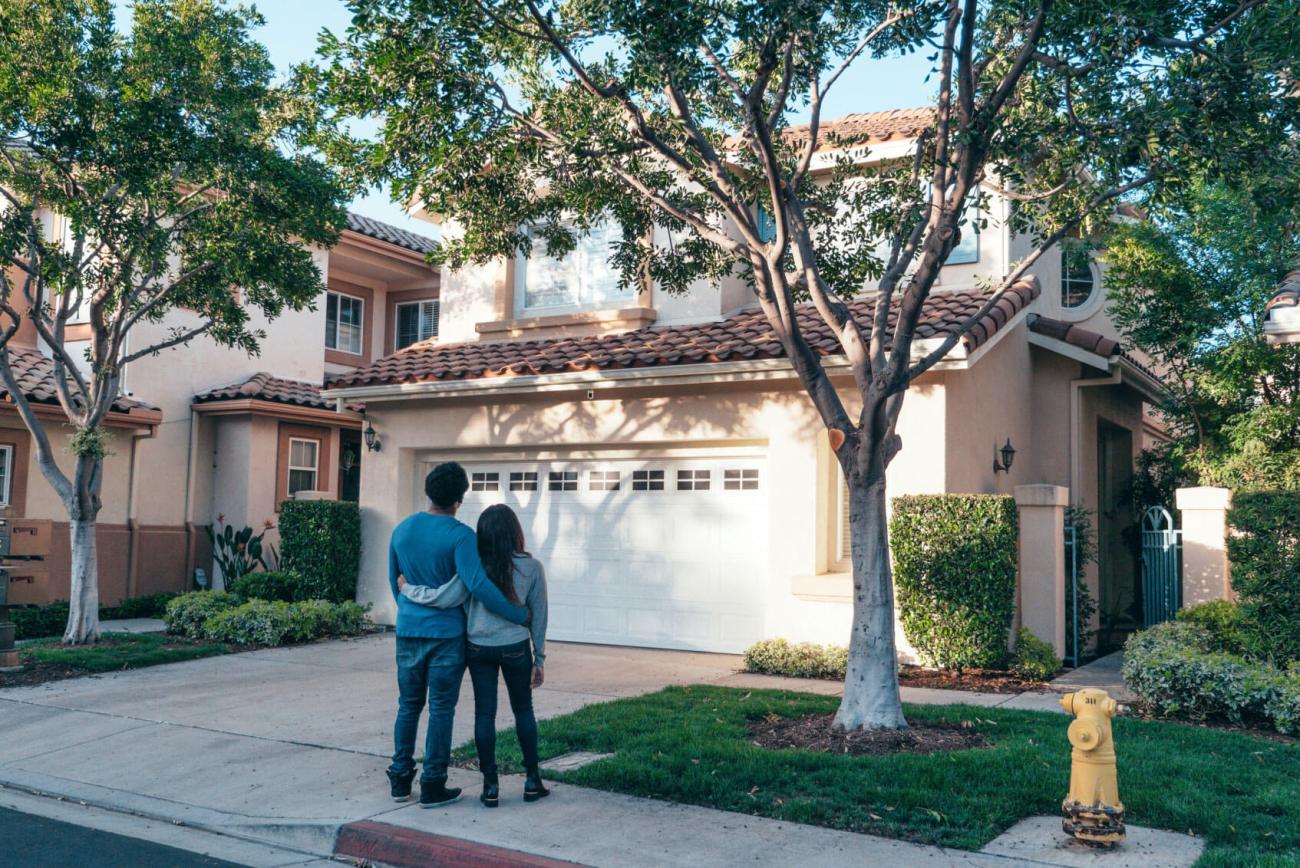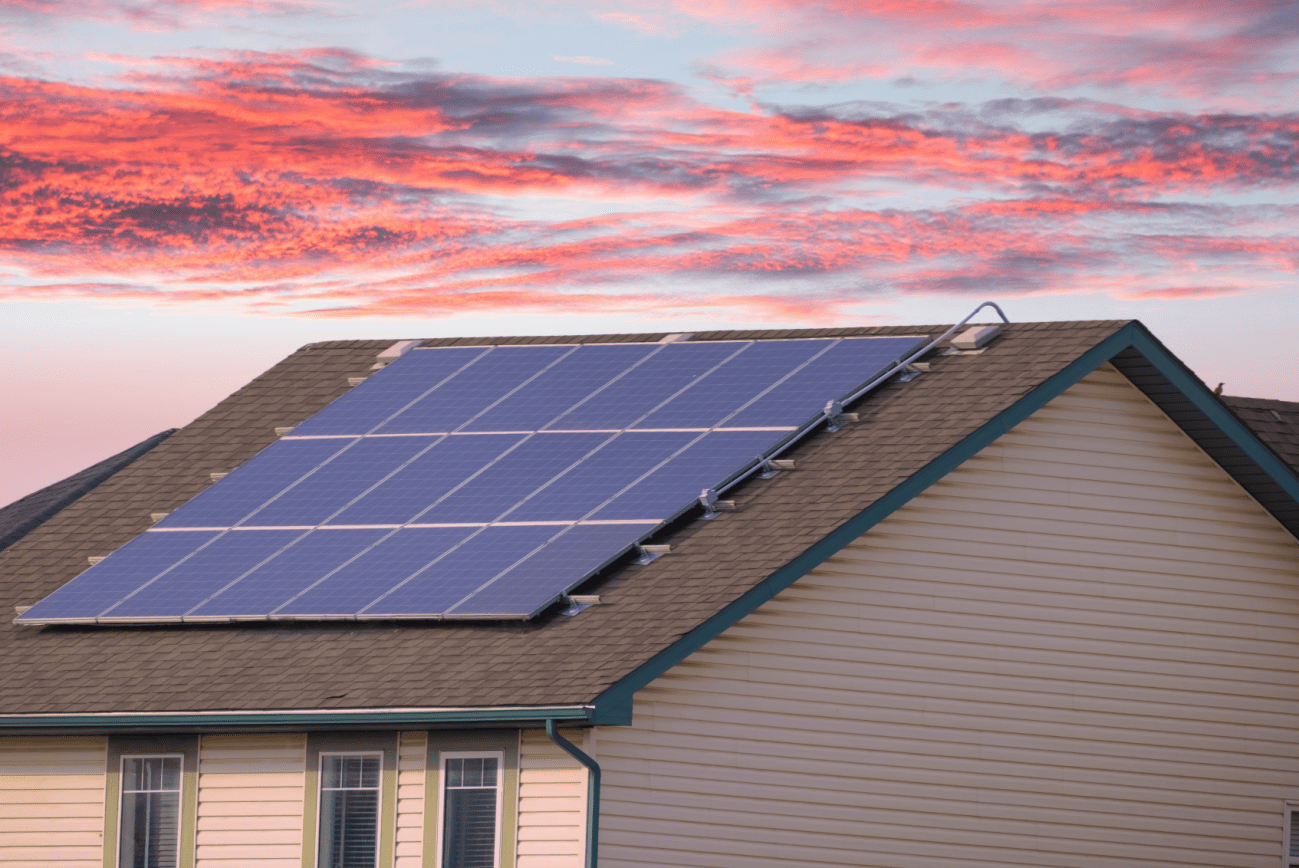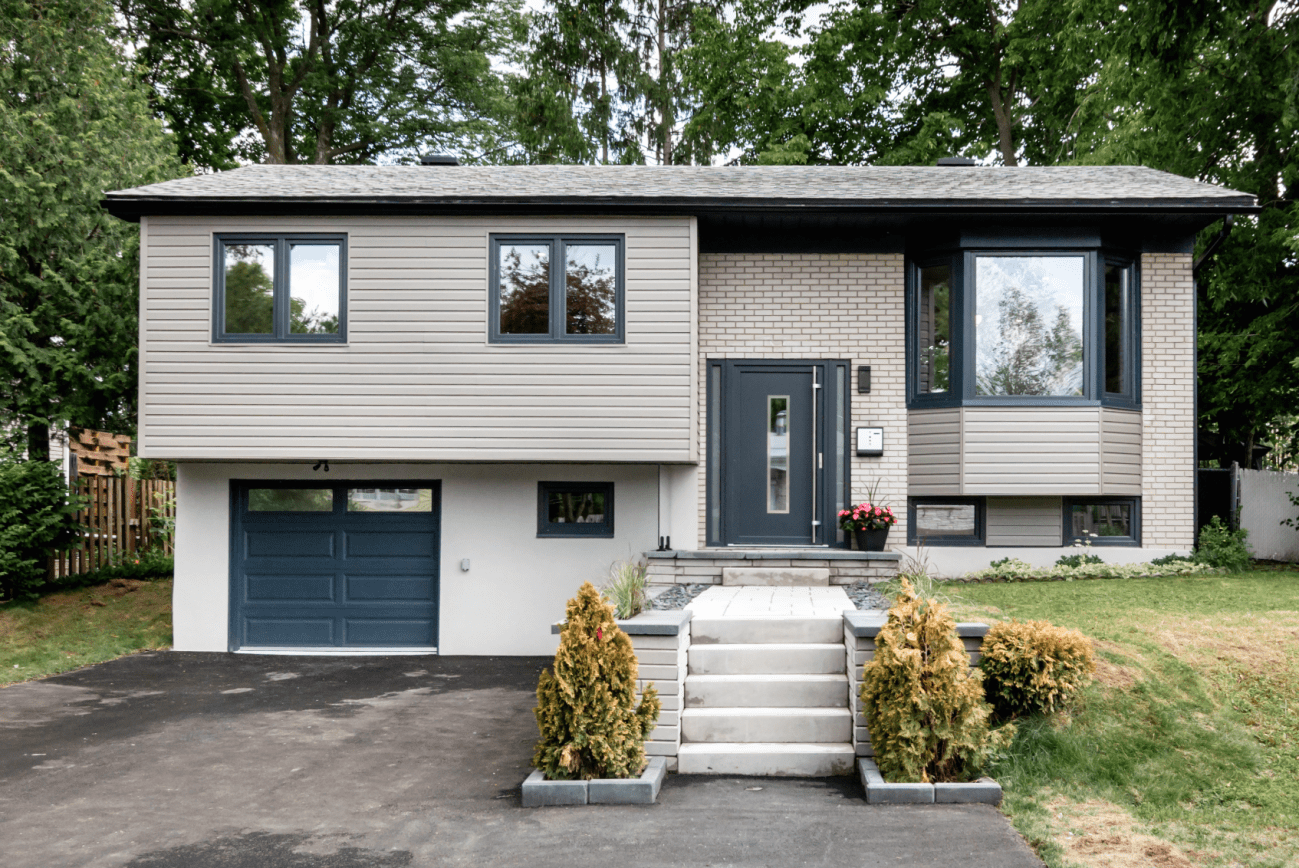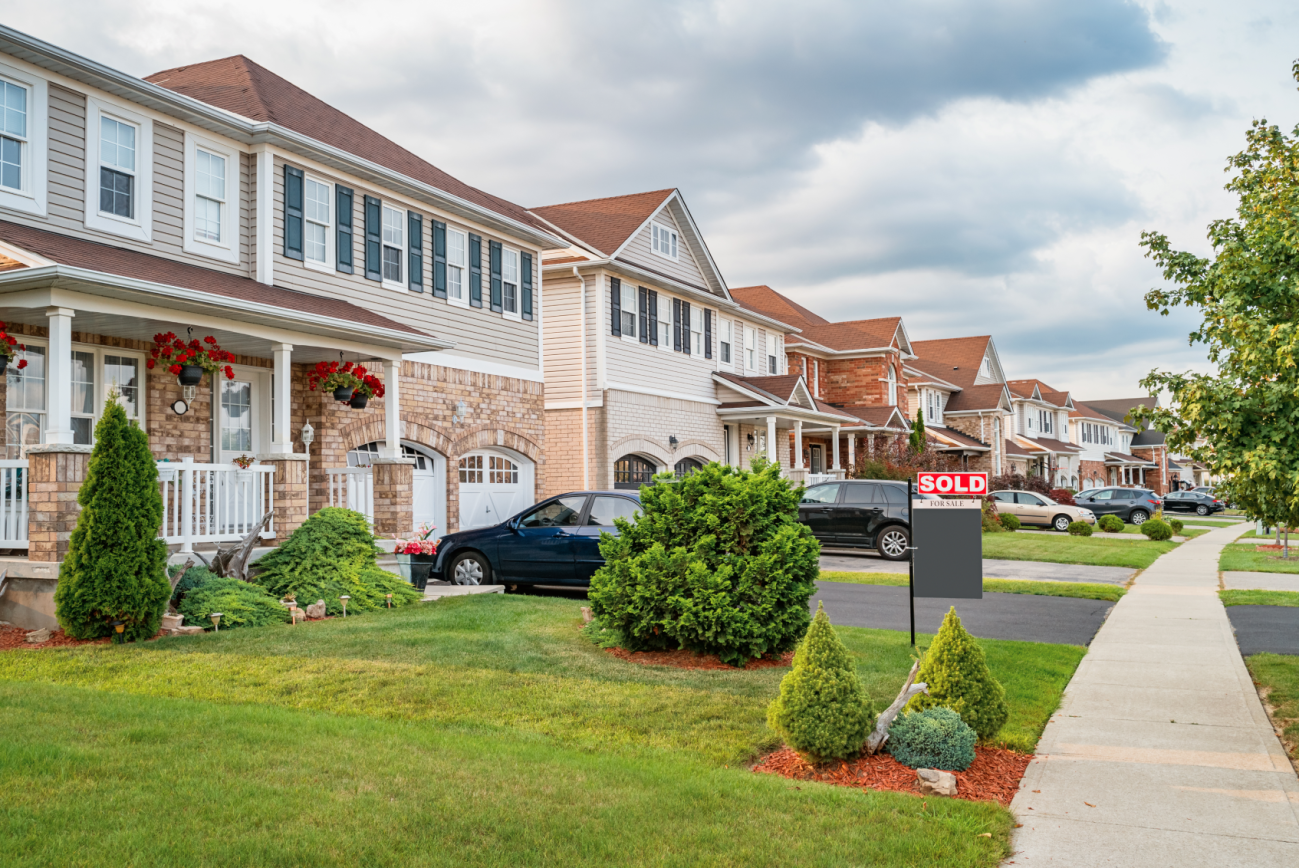Buying a home is both exciting and daunting. It’s fun to dream about what life could be like and explore the market, but the process may feel overwhelming. In this homebuying checklist, we share the nine questions you should be asking about how to buy a home in Canada, so you’ll be ready to invest with confidence.
1. How do I prepare for buying a house?
Before you start thinking about your finances or even home search, you need to know if you’re ready to buy. Talk to your family and friends, especially those who have been through the homebuying process as well. In addition to moving to a new place, you should anticipate that you’ll be owning the property you buy for a number of years. When things get stressful, having a clear idea of why you wanted to own this home in the first place will help you power through to the finish line.
Once you’re ready, start by outlining what you’re looking for in your new home. Make a list of your priorities and preferences. Many people now require a home office as a result of the pandemic, but remember to think long term. If you anticipate that you’ll be going back to the office in the next few months, you might prioritize commute time over additional space. This is the time to start monitoring the market so you can get a sense for what’s available in your area. You may also think about the features you’d be willing to compromise on.
2. How much house can I afford?
- Find Out Your Credit Score
Your credit score assesses your financial history and your current debt to calculate a number between 300 and 900. It is used by lenders to determine how much you can borrow and how much interest you’ll pay on the loan. If your score is low (less than 600), you will have a harder time getting approved for a mortgage. But the good news is there are steps you can take to improve your score. Monitor your credit score until you’re in a good position to buy, and find out how much you may be able to afford* based on income, savings, and debts. In general, the higher your credit score, the lower your interest rate will be. - Track Your Monthly Budget
Set yourself up for success by tracking your current monthly budget. By incorporating good budget habits now, you’ll be in a better place to manage your mortgage payments. Include all your fixed expenses, like rent, utilities, and child care. Make sure to count the other variable expenditures, such as ordering takeout, impromptu Amazon orders, and coffees. You may be surprised at how quickly your spending adds up. - Calculate Your Down Payment
Calculate your down payment so you know how much cash you’ll need to save. Don’t forget to consider closing costs, which are the additional fees and taxes to actually close on your home. - Plan Your Finances
When you’ve got a target savings goal in mind, spend a little time putting together a plan to get there, whether that’s a monthly savings target or a plan to sell your current home. If you’re not sure how to save for your home, work with a professional Financial Advisor who can help you put together your personalized plan.
Your credit score assesses your financial history and your current debt to calculate a number between 300 and 900. It is used by lenders to determine how much you can borrow and how much interest you’ll pay on the loan.
3. How do I find a real estate agent?
A real estate agent will be your partner during the homebuying process, so you’ll want someone who’s experienced, knowledgeable in your market, and understands your needs. Your agent will help you navigate the buying process and vet homes before you make an offer.
When sourcing your agent, it’s easiest to start with a service that helps you identify the most experienced and well-reviewed agents. Houseful, for example, individually checks each of its agents so you can be confident you’re in good hands.
4. How do I get pre-approved for a mortgage?
Houseful can introduce you to an RBC mortgage specialist to help you with your home financing needs, including pre-approval. Pre-approval is a statement of how much money a lender is willing to loan you for a house and is determined by your financial situation, like income, debts, and credit score. You’ll want that pre-approval letter when making an offer on your home so the seller knows you’re able to secure the amount of money you’re offering.
Pre-approval is a statement of how much money a lender is willing to loan you for a house and is determined by your financial situation, like income, debts, and credit score.
5. How do I find the right home?
Once your finances are in order, it’s time to start touring homes with your agent. Many homebuyers are surprised how quickly their markets move, so leverage a source like Houseful to get real-time updates of new properties on the market.
When touring a home, don’t be afraid to take your time. Your agent can help you identify any hidden damage or features that may be in need of repair. In the last year it has become more common to tour homes virtually, but you can still ask all the same questions.You may also want to drive through the neighbourhood or walk around the block to get a feel for the area.
6. How do I make an offer on a home?
When you find the right home for you, you’ll work with your agent to craft your offer. Your agent will look at recently sold homes in the neighbourhood to help you determine a fair offer price. Then they’ll negotiate directly with the seller and their agent on your behalf. You’ll also want to work with your agent to find a real estate lawyer who will review any documentation and investigate the property before you purchase.
7. What do I do once my offer has been accepted?
Hooray, your offer was accepted! Now it’s time to take a closer look to make sure there are no surprises before the home is yours. Your agent can help you find the right home inspector to do a thorough review of the property and provide you a report on the state of the home. If there are any big surprises you may have the opportunity to renegotiate the sale price.
8. How do I finalize my home financing?
Once you’ve found your home, you’ll go back to your lender and finalize your loan. This means submitting records like pay stubs and bank statements for a thorough review of your finances. You’ll also need to calculate the final closing costs of the mortgage so you know how much cash—in addition to your down payment—you’ll need to close on the home.
9. How do I close the deal?
The hard work is almost done! Before your closing date, you’ll do a final walkthrough of the home with your agent to make sure the house is as-stated, meaning it’s either the same as when you made an offer or that any agreed-upon changes have been made.
On closing day, you’ll sign the papers to put the home in your name, agree to mortgage terms, and verify homeowners insurance. Your mortgage provider can walk you through any specific documents for your market as well. When the singing is done, you’ll get the keys to your new home!
Homebuying can be a daunting process, that’s why Houseful is here providing support and guidance at every step of the way. For a new and differentiated homebuying experience, sign up at Houseful.ca.
This article offers general information only and is not intended as legal, financial or other professional advice. A professional advisor should be consulted regarding your specific situation. While the information presented is believed to be factual and current, its accuracy is not guaranteed and it should not be regarded as a complete analysis of the subjects discussed. All expressions of opinion reflect the judgment of the author(s) as of the date of publication and are subject to change. No endorsement of any third parties or their advice, opinions, information, products or services is expressly given or implied by Royal Bank of Canada or its affiliates.
Browse the newest listings in your area
OJOHome Canada Ltd. (“Houseful”) is a wholly-owned subsidiary of Royal Bank of Canada
20 King Street West, 8th Floor
Toronto, ON, Canada, M5H 1C4
833-709-1946
IDX information is provided exclusively for consumers’ personal, non-commercial use and that it may not be used for any purpose other than to identify prospective properties consumers may be interested in purchasing. Information deemed reliable but not guaranteed to be accurate. Listing information updated daily.
Houseful is committed to ensuring accessibility for individuals with disabilities. We are continuously working to improve the accessibility of our web experience for everyone. We welcome feedback and accommodation requests, please submit them here.
The trademarks REALTOR®, REALTORS®, and the REALTOR® logo are controlled by The Canadian Real Estate Association (CREA) and identify real estate professionals who are members of CREA. The trademarks, Multiple Listing Service® and the associated logos are owned by CREA and identify the quality of services provided by real estate professionals who are members of CREA. Used under license.
Please use the following address to send referral payments:
Lockbox: OJOHome Canada Ltd. PO Box 9479, Stn A, Toronto, ON M5W 4E1
Lockbox Number: T09479C
® / ™ Trademark(s) of Royal Bank of Canada. Used under licence.




